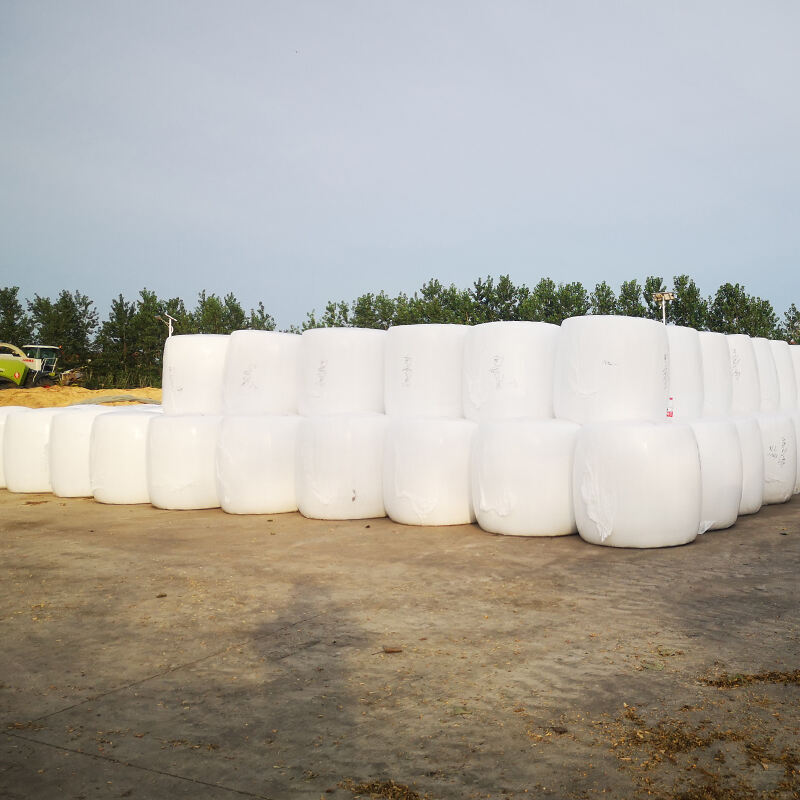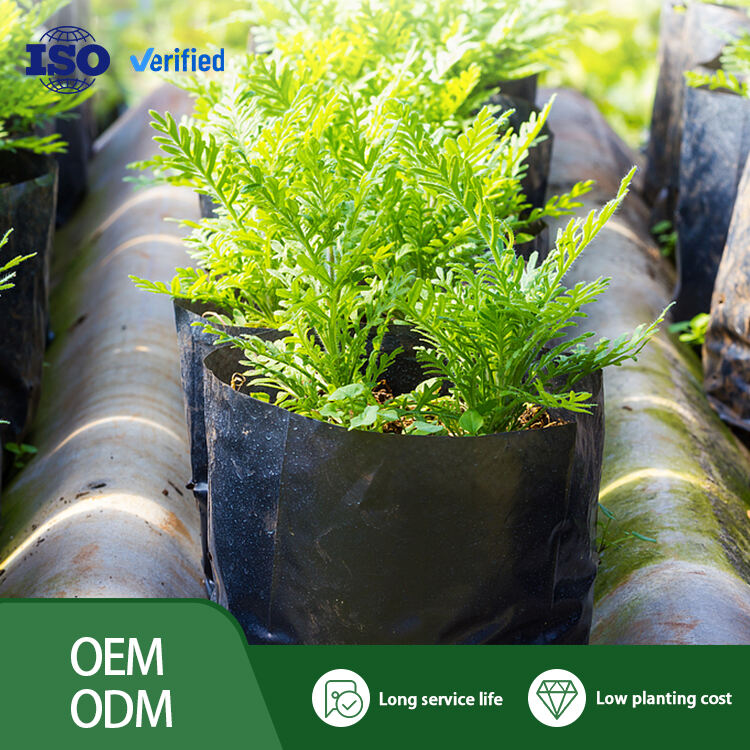biodegradable mulch
Biodegradable mulch represents a revolutionary advancement in agricultural technology, offering an environmentally conscious solution for modern farming practices. This innovative material is designed to perform all the essential functions of traditional plastic mulch while naturally decomposing into the soil after its useful life. Manufactured from plant-based materials such as corn starch, vegetable oils, and other organic compounds, biodegradable mulch creates an effective barrier that maintains soil moisture, regulates temperature, and suppresses weed growth. Its unique composition allows it to maintain structural integrity throughout the growing season, providing consistent protection for crops while gradually breaking down into natural components that enhance soil quality. The technology behind biodegradable mulch involves careful engineering of polymer chains that respond to environmental conditions, ensuring controlled degradation that aligns with crop cycles. These mulches are available in various thicknesses and widths to accommodate different crop types and growing conditions, making them versatile for both small-scale gardens and large commercial operations. The material's ability to be tilled directly into the soil at the end of the season eliminates the labor-intensive removal process associated with conventional plastic mulches, while contributing organic matter to the soil ecosystem.


